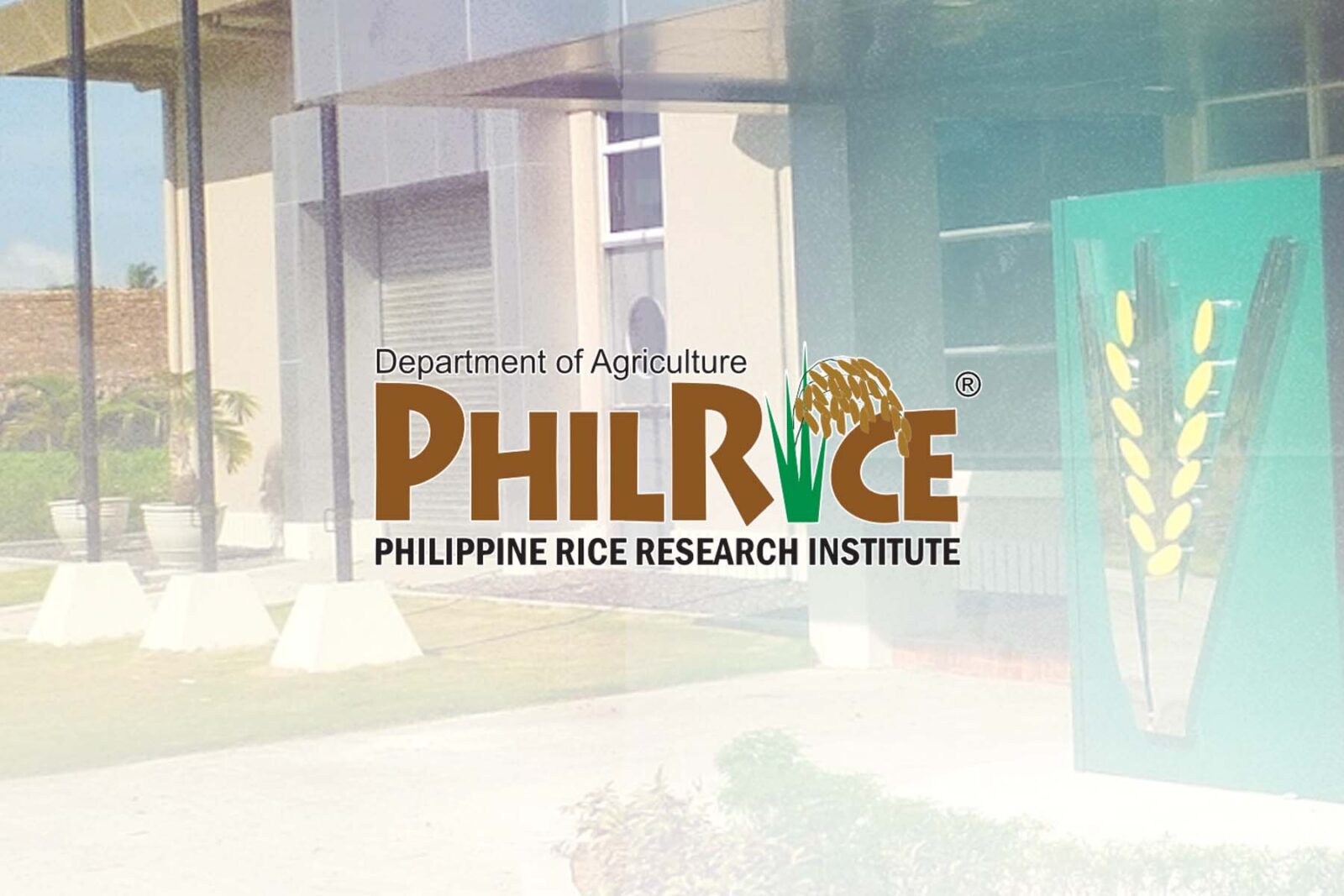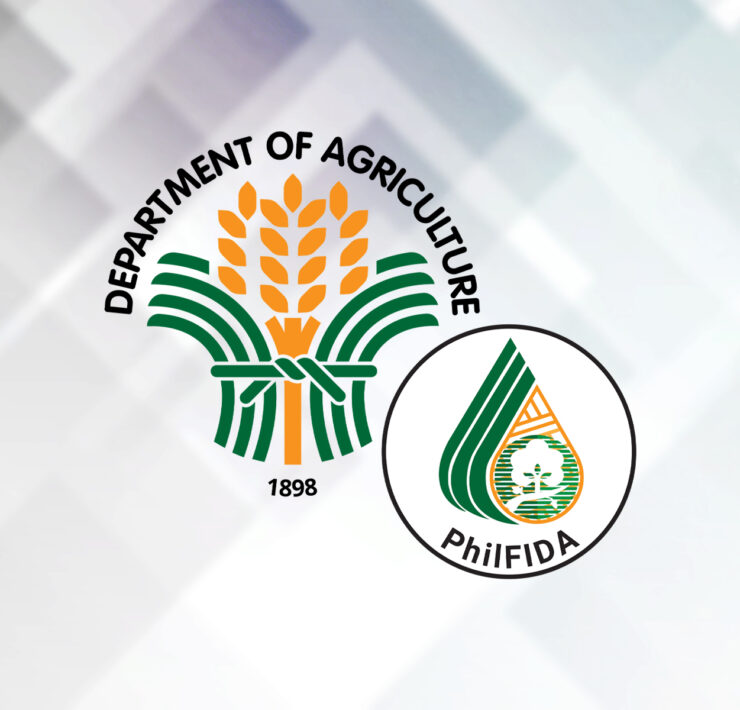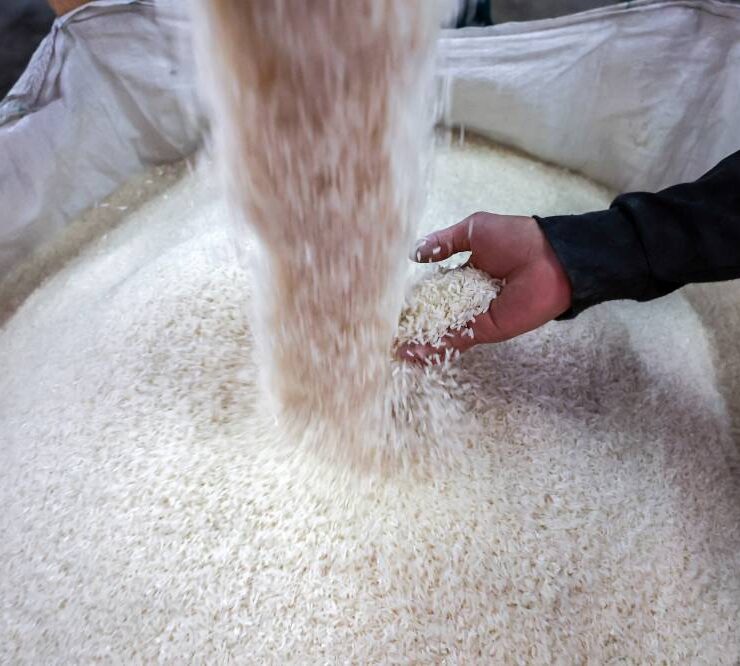PhilRice taps Japanese tech for weed management

The Philippine Rice Research Institute (PhilRice) has partnered with Japanese farm solutions provider Newgreen Inc. to automate the removal of weeds in rice fields.
PhilRice and Newgreen signed a memorandum of agreement on this collaboration to conduct field testing of a solar-powered robot for controlling weeds.
Newgreen will provide two robot units called Aigamorobo for testing at PhilRice’s Central Experiment Station in Science City of Muñoz, Nueva Ecija, which will run starting the incoming wet season through next year’s dry season.
PhilRice said the field testing had commenced on March 26, followed by a technology demonstration to about 700 farmers the following day.
“If the robot proves effective in controlling weeds and improving rice growth and yield in our local setting, it can help increase harvests and reduce production costs,” said Edwin Martin, career scientist and project lead at PhilRice.
Martin said this could help farmers reduce their herbicide usage, protecting their health and the environment. According to the International Rice Research Institute, herbicides are used to kill certain plants or inhibit their growth in chemical weed control.
“These technologies reduce exposure to harmful chemicals and prevent pollution of nearby water sources,” he added.
Weeding out
Citing studies, PhilRice said weeds could reduce rice yields by 44 to 96 percent when left uncontrolled, as they can compete with rice plants for vital resources such as nutrients, sunlight and water.
“To manage this, farmers rely on herbicides, further increasing production costs that are already on the rise,” it said.
Newgreen’s Aigamorobo operates autonomously from 6 a.m. to 4 p.m. It is most effective within the first 20 days of planting, when weed growth is at its peak.
The robot is designed to work in fields with at least 5 centimeters of water and support dry direct seeding, reducing transplanting and labor costs.





















